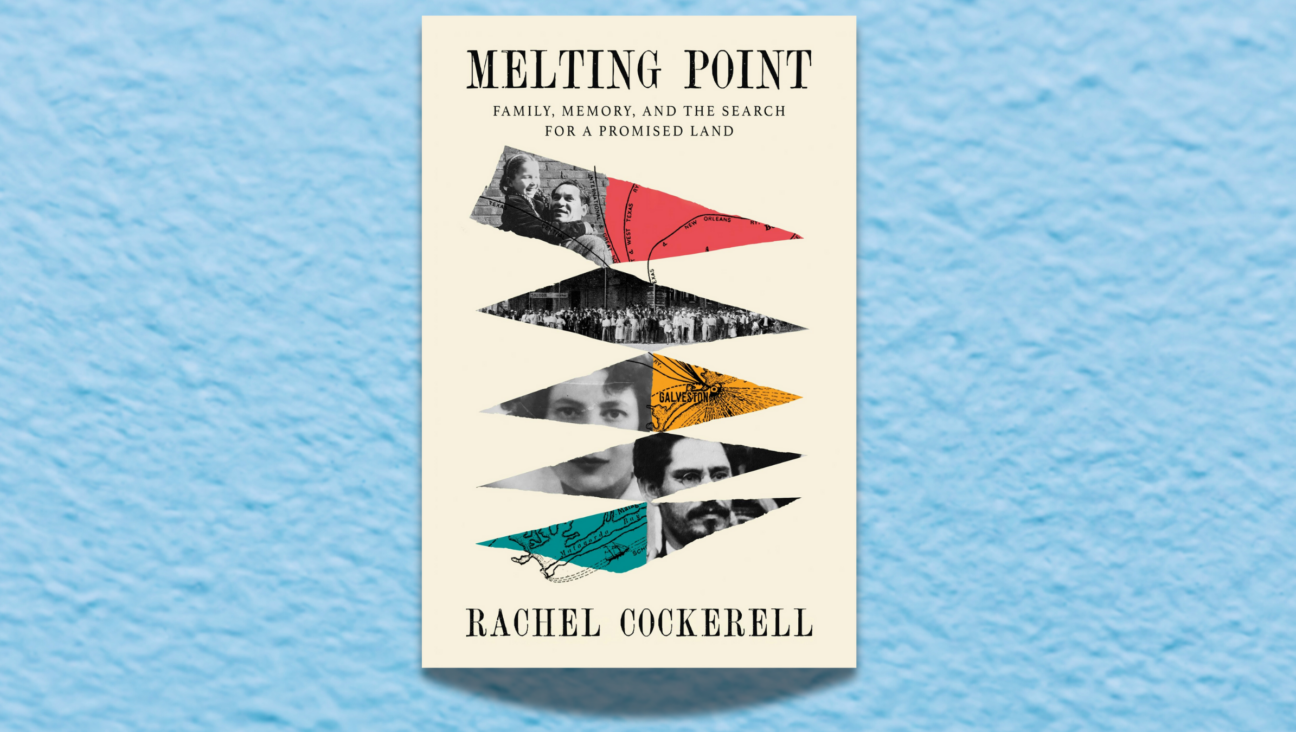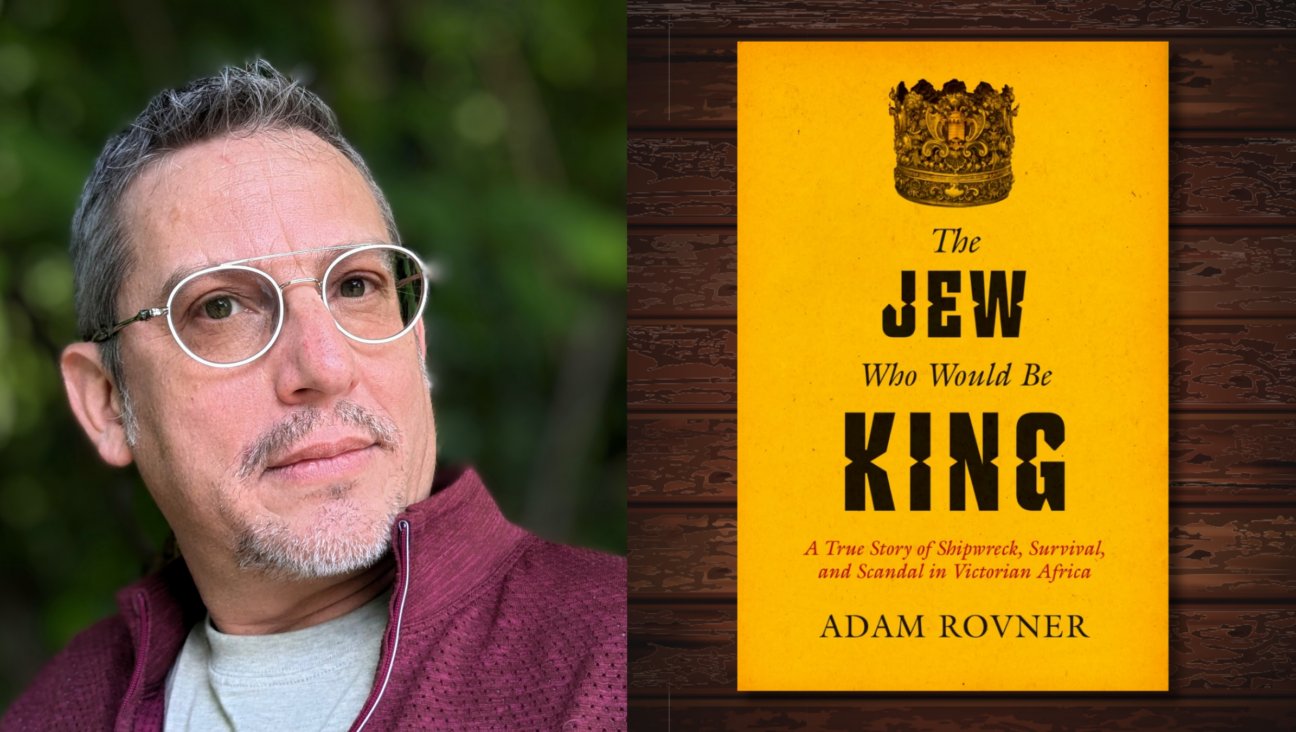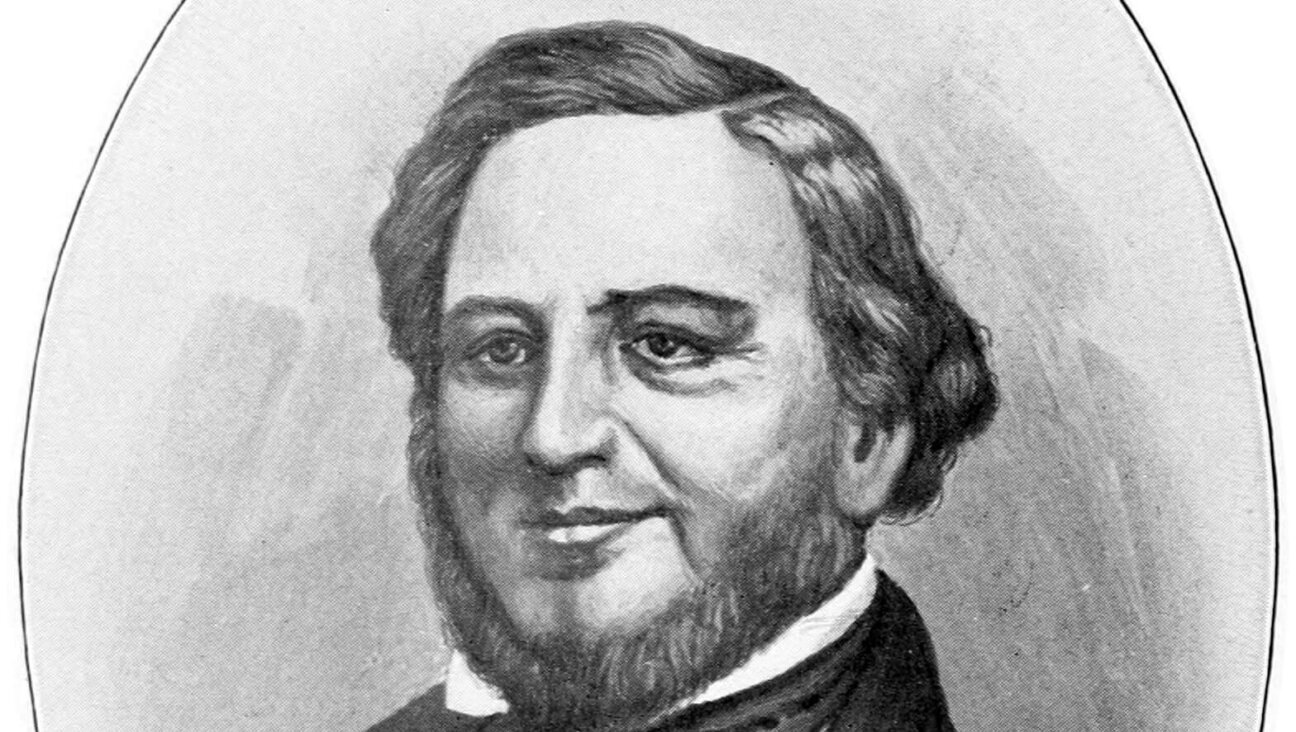The Bildungsroman and the Jewish Woman

Janice Weizman was born in Toronto, and moved to Israel at the age of nineteen. She is a graduate of the Creative Writing program at Bar-Ilan University, where she initiated and serves as managing editor of The Ilanot Review, an online literary journal. Janice’s fiction has appeared in various literary journals including Lilith, Jewish Fiction, and Scribblers on the Roof. “The Wayward Moon” is her first novel. Her blog posts are featured on The Arty Semite courtesy of the Jewish Book Council and My Jewish Learning’s Author Blog Series. For more information on the series, please visit:

A young man leaves his home and sets out on a journey. He is impressionable, sensitive, and inexperienced in the ways of the world. Because he is young, everything is new, surprising, a revelation. He is awkward, but also hopeful. He knows little, but he is eager to learn. He is betrayed by those he trusts, and happily surprised by people he thought were his enemies. So it goes as he journeys in and out of chance meetings, mishaps, and adventures. And ultimately, after feeling the full weight of his experiences in his soul, he comes to understand a truth about himself, about the world, and his place in it.
The literary term for this sort of novel is the bildungsroman. In English, we might call it a novel of self-discovery and it is a classic genre in both Western and world literature. Our literary canon is full of such tales of self-realization. Tom Jones and David Copperfield are examples of the genre as are Catcher in the Rye, On the Road, and A Portrait of an Artist as a Young Man. Though works involving a heroine are few, Jane Eyre comes to mind as a rare exception. But generally, women, and particularly Jewish women, are absent from the genre.
This is not at all surprising. Traditionally, Jewish women were not the protagonists of stories about self-discovery. Rather, they were usually married off and on their way to motherhood while still teenagers. The trajectory of a Jewish woman’s life was set out for her from the day she was born, and it did not involve venturing into the world to seek one’s fortune.
But what would have happened if a woman was forced by circumstance to undertake such a journey? What if she had to make her way in the world alone? What would be her fears? Her concerns? Her particular vulnerabilities? How would she survive? What would she learn about the world? What would she learn about herself?
In “The Wayward Moon,” I’ve put my heroine in precisely this situation. Rahel Bat Yair is a 17-year-old Jewish girl living in the Babylonian town of Sura in the 9th century Middle East. The story opens on the eve of her engagement, and Rahel, entirely content in her own world, has no desire to travel anywhere. Unlike the typical male hero of a bildungsroman, she has no use for experience or adventure. When circumstance forces her to take to the road, like Homer’s Odysseus, she wants nothing more than to go home, but unlike him, she has no home to return to.
Typically, at the end of a bildungsroman, the hero has achieved a modicum of self-knowledge, and whether he returns home or begins anew, he is able to utilize his experiences in forging his life as an adult. Would Rahel Bat Yair be able to utilize her experiences? Would there be a way for her to draw on her hard-won knowledge to enable her to contribute to her community? Or would she choose to conceal what she has seen and done?
Considering how little has come down to us about women’s lives in Jewish society of her time, we can easily speculate about the answer.
Check back on Wednesday for Janice Weizman’s next post.
The Jewish Book Council is a not-for-profit organization devoted to the reading, writing and publishing of Jewish literature. For more Jewish literary blog posts, reviews of Jewish books and book club resources, and to learn about awards and conferences, please visit www.jewishbookcouncil.org.
MyJewishLearning.com is the leading transdenominational website of Jewish information and education. Visit My Jewish Learning for thousands of articles on Judaism, Jewish holidays, Jewish history and more.
The Forward is free to read, but it isn’t free to produce

I hope you appreciated this article. Before you go, I’d like to ask you to please support the Forward.
Now more than ever, American Jews need independent news they can trust, with reporting driven by truth, not ideology. We serve you, not any ideological agenda.
At a time when other newsrooms are closing or cutting back, the Forward has removed its paywall and invested additional resources to report on the ground from Israel and around the U.S. on the impact of the war, rising antisemitism and polarized discourse.
This is a great time to support independent Jewish journalism you rely on. Make a gift today!
— Rachel Fishman Feddersen, Publisher and CEO
Support our mission to tell the Jewish story fully and fairly.
Most Popular
- 1

Fast Forward Ye debuts ‘Heil Hitler’ music video that includes a sample of a Hitler speech
- 2

Culture Cardinals are Catholic, not Jewish — so why do they all wear yarmulkes?
- 3

News School Israel trip turns ‘terrifying’ for LA students attacked by Israeli teens
- 4

Fast Forward Student suspended for ‘F— the Jews’ video defends himself on antisemitic podcast
In Case You Missed It
-

Fast Forward Police clash with pro-Palestinian protesters in Brooklyn as Columbia library takeover fallout continues
-

Opinion This week proved it: Trump’s approach to antisemitism at Columbia is horribly ineffective
-

Yiddish קאָנצערט לכּבֿוד דעם ייִדישן שרײַבער און רעדאַקטאָר באָריס סאַנדלערConcert honoring Yiddish writer and editor Boris Sandler
דער בעל־שׂימחה האָט יאָרן לאַנג געדינט ווי דער רעדאַקטאָר פֿונעם ייִדישן פֿאָרווערטס.
-

Fast Forward Trump’s new pick for surgeon general blames the Nazis for pesticides on our food
-
Shop the Forward Store
100% of profits support our journalism
Republish This Story
Please read before republishing
We’re happy to make this story available to republish for free, unless it originated with JTA, Haaretz or another publication (as indicated on the article) and as long as you follow our guidelines.
You must comply with the following:
- Credit the Forward
- Retain our pixel
- Preserve our canonical link in Google search
- Add a noindex tag in Google search
See our full guidelines for more information, and this guide for detail about canonical URLs.
To republish, copy the HTML by clicking on the yellow button to the right; it includes our tracking pixel, all paragraph styles and hyperlinks, the author byline and credit to the Forward. It does not include images; to avoid copyright violations, you must add them manually, following our guidelines. Please email us at [email protected], subject line “republish,” with any questions or to let us know what stories you’re picking up.















